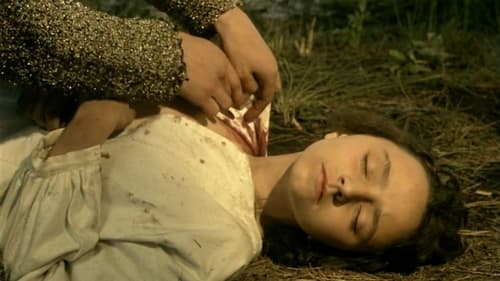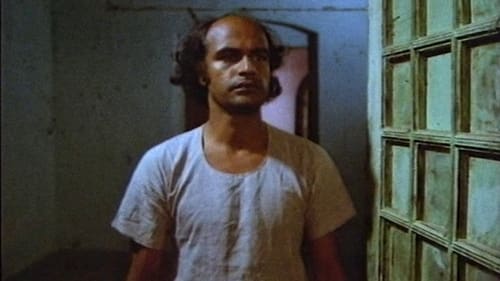はがね (1994)
ジャンル : ドラマ
上映時間 : 1時間 7分
演出 : Kanji Nakajima
脚本 : Kanji Nakajima
シノプシス
Near the remains of an iron factory, an old painter faces the challenges of creation, as his longtime muse has not appeared in some time. A young girl lends her curiosity to discover what it is that holds the old painter back. Her mother tells her a bedtime story to which brings understanding of the relationship between the abandoned factory and the lonely artist nearby. Poetically representing a new relationship between human beings and things buried in oblivion after doing their duties, this work approaches the essence of 'science' and 'civilization.'

The mistress of a wealthy man, alone in her huge apartment and terribly lonely, phones strangers in the middle of the night. One night she phones a young writer, and as the days pass and the conversations continue a relationship forms between two people who've never seen each other.

Shortlength that recreates the letters exchanged between Victor Erice and Abbas Kiarostami.

Mixing memory and dreams, this film centers on a man who becomes lost within the Möbius strip of his own consciousness.

Maria works in a German umbrella factory as the foreman of the production sector. João Lucas has given up on living a normal life and practically lives in bed, in the midst of green plants. His father expressly desired that his son film this eccentric daily life in 8 mm format. Maria’s wages are dilapidated to the last penny by this amateur, monstrous, family movie production.

The setting is the islands off the Dalmatian coast of Yugoslavia, during WW II. The islands are controlled by occupying Italian forces, and a resistence movement of Communists is dedicated to sabotaging and ending the occupation. When a wealthy young man joins the resistence, he falls in love with a woman who turns out to be a spy for the Italians. As a result of his liaison and her activity, they are both executed by a Communist comrade - a previous friend. The comrade is dedicated to the hard-line policies of the resistence, until he himself falls in love with the daughter of a bourgeois landowner on the island - a landowner who has collaborated with the Italians. Neither the Italian occupying army (one officer is shown in an attempted rape scene) nor the resistence fighters are stereotyped forces for good or evil, but all are equally subject to the dehumanizing effects of war.

The sore and tender hearts of a young couple with a toddler are explored in this drama. The little girl, four years old, is not aware that she is doing anything distressing while she ambles about the house on the day after a post-examination celebration by her father, a university student. Even though hung over, he tries hard to be patient with her. The beginning of the story follows her on her little adventures. The girl comes down with a fever, which kills her before anything can be done, and the student and his photographer wife mourn and comfort one another. Little encounters with children cause the mother pain she is seldom free of, until she gives birth to their next child, a son.

Colorfully edited vignettes of young characters having fun in the town of Onomichi.

A gruff highlander leaves his village and heads to the town and harbor where he will embark for Australia. We follow his descent to the sea through three stories

Several lost-soul night-owls, including a nightclub owner, a talkback radio relationships counseller, and an itinerant stranger have encounters that expose their contradictions and anxieties about love and acceptance.

Carolina, an aging local grande dame who works at a crossing point on the titular river, marries another late-in-life character, the dredging-boat operator Antonio. Not long after their union, she becomes intensely jealous of Antonio's fondness for their winsome goddaughter, Joana, and insinuates herself into a relationship brewing between Joana and a mystical gypsy gold salesman. Soon, tempers are flaring, mystical secrets are being revealed and death is hovering over the central characters.

Manoel de Oliveira's final work revisits one of his earliest films and celebrates a century of industrialization in Portugal.

A bewitching combinatory adaptation of the Bluebeard tale and a 15th century Portuguese fable of a damsel who disguises herself as a knight errant.

Taking an experimental approach to the relationship between the written text and moving image, Mani Kaul has a series of texts read aloud in voice-overs (poetry, essays, and stories), while the characters within the texts walk through real or imaginary landscapes.











